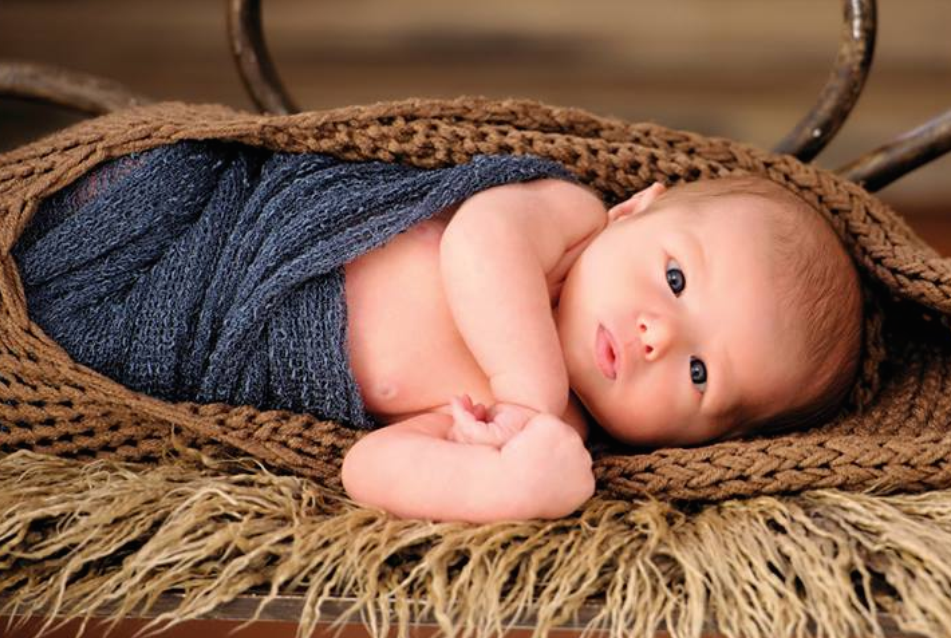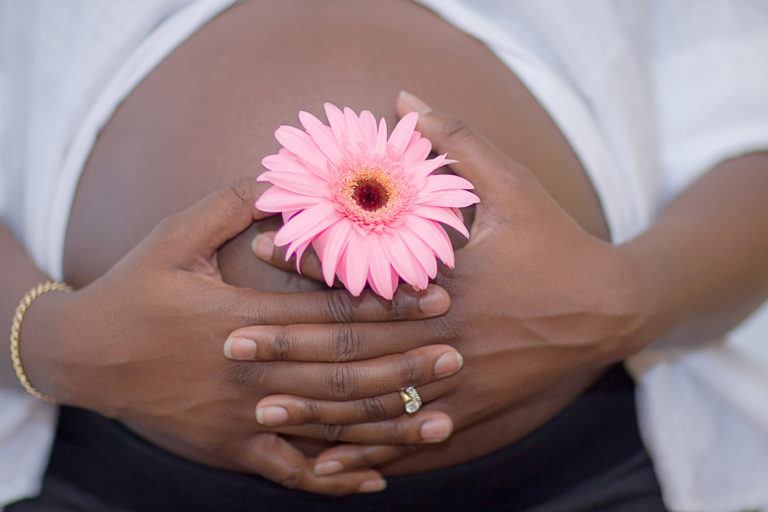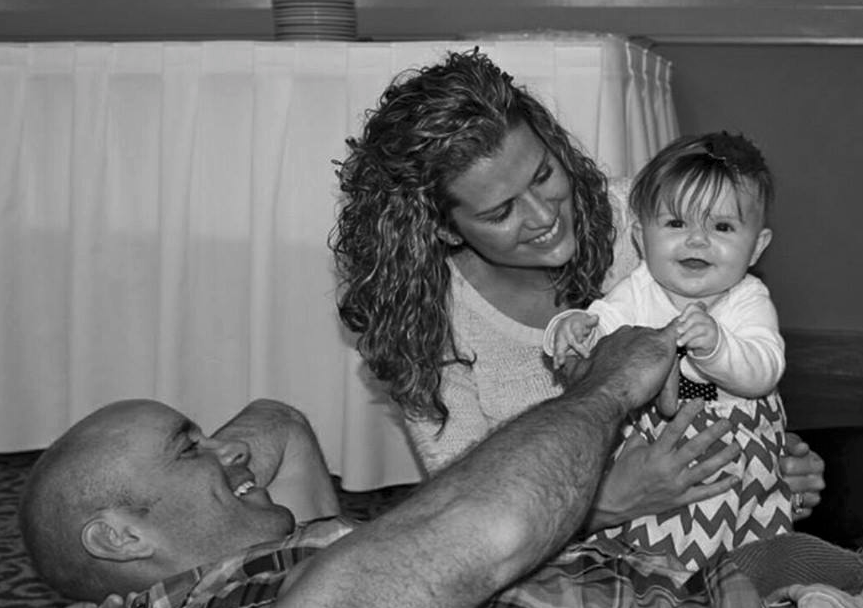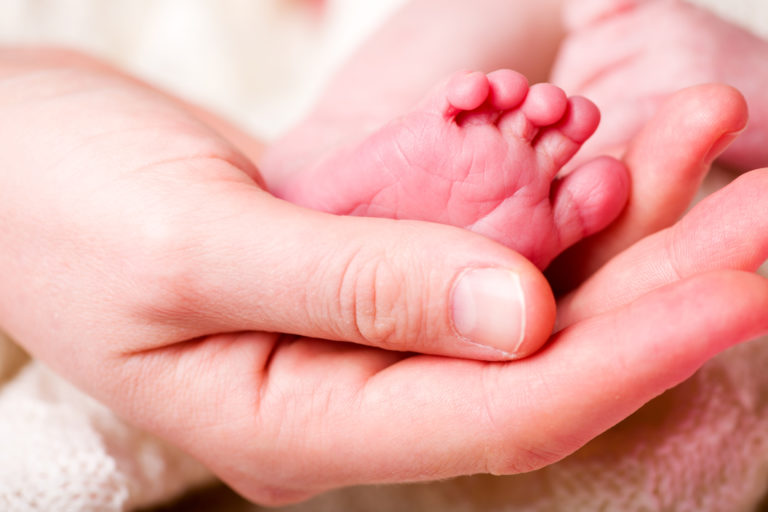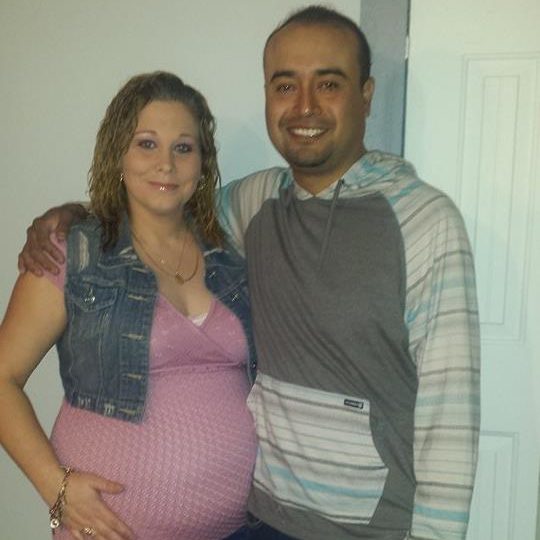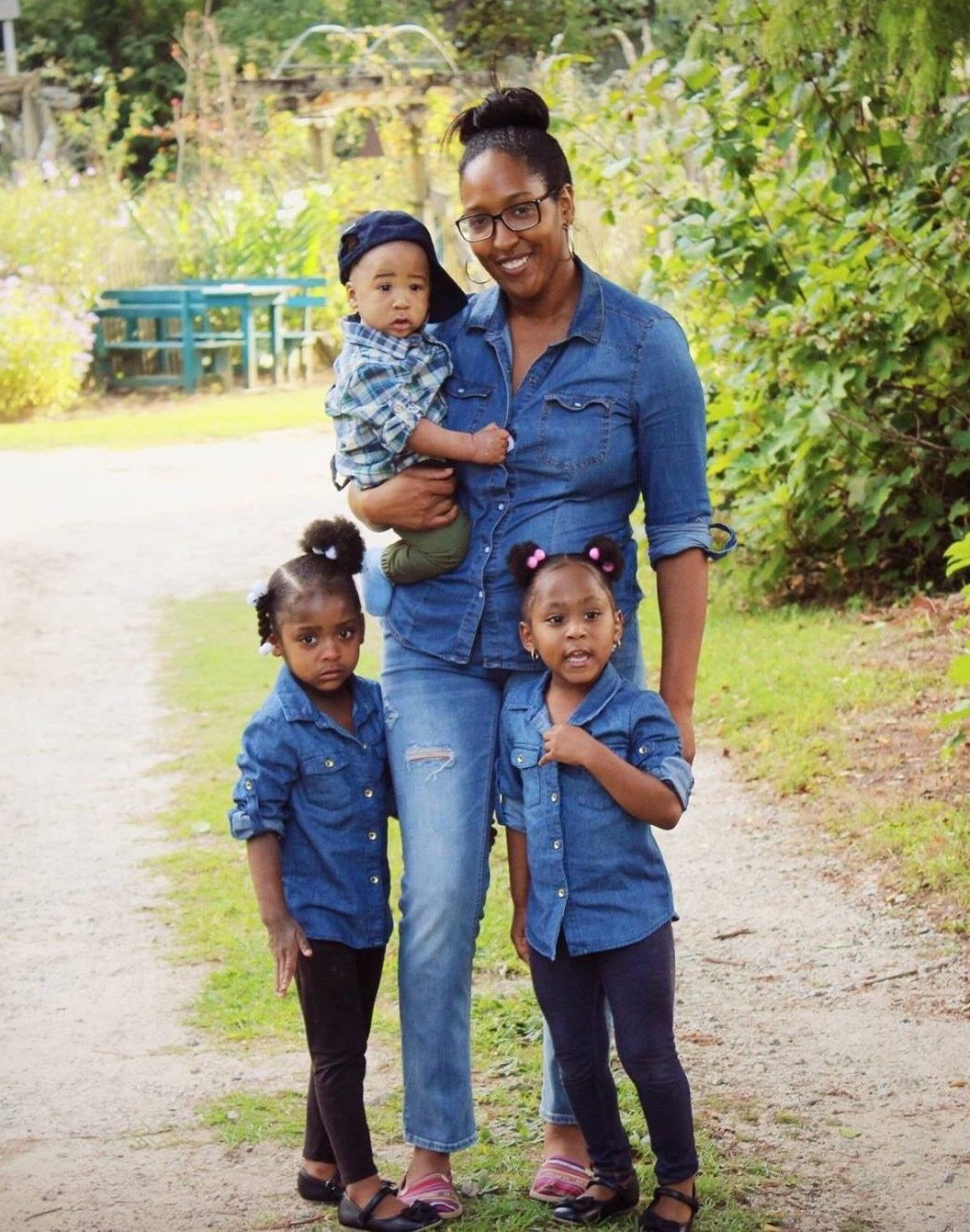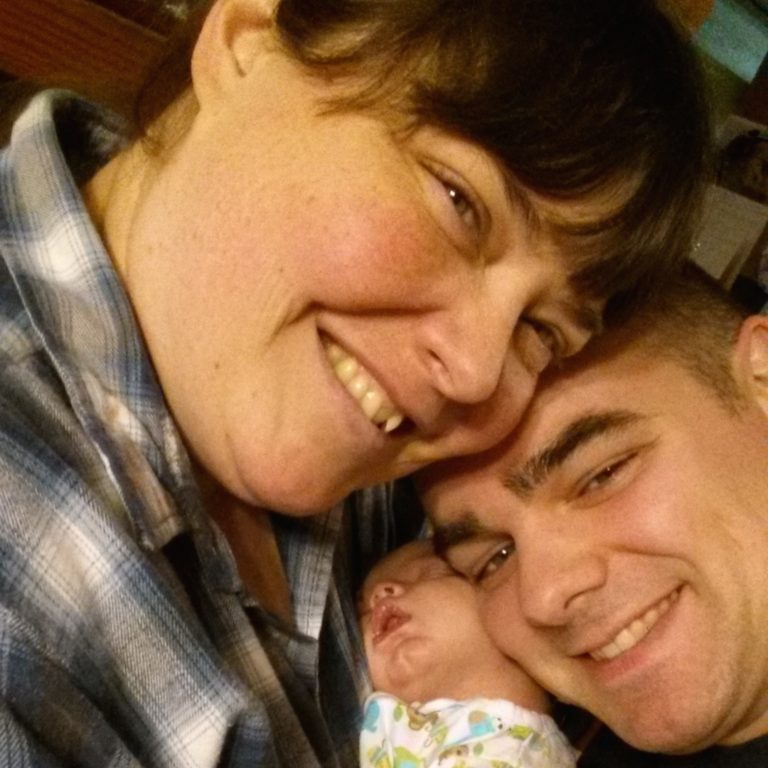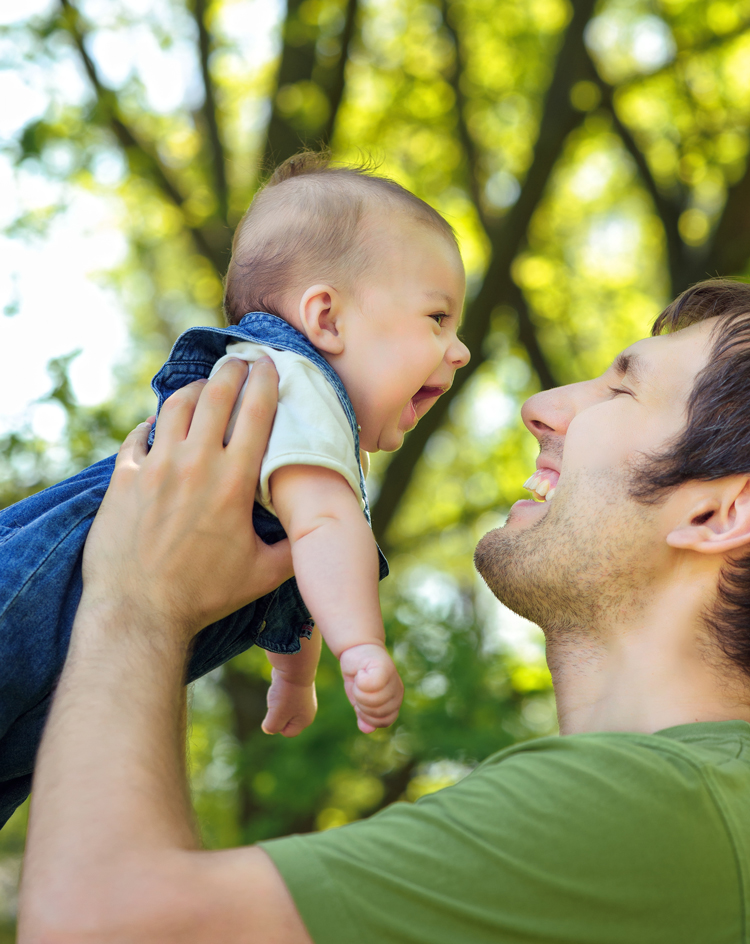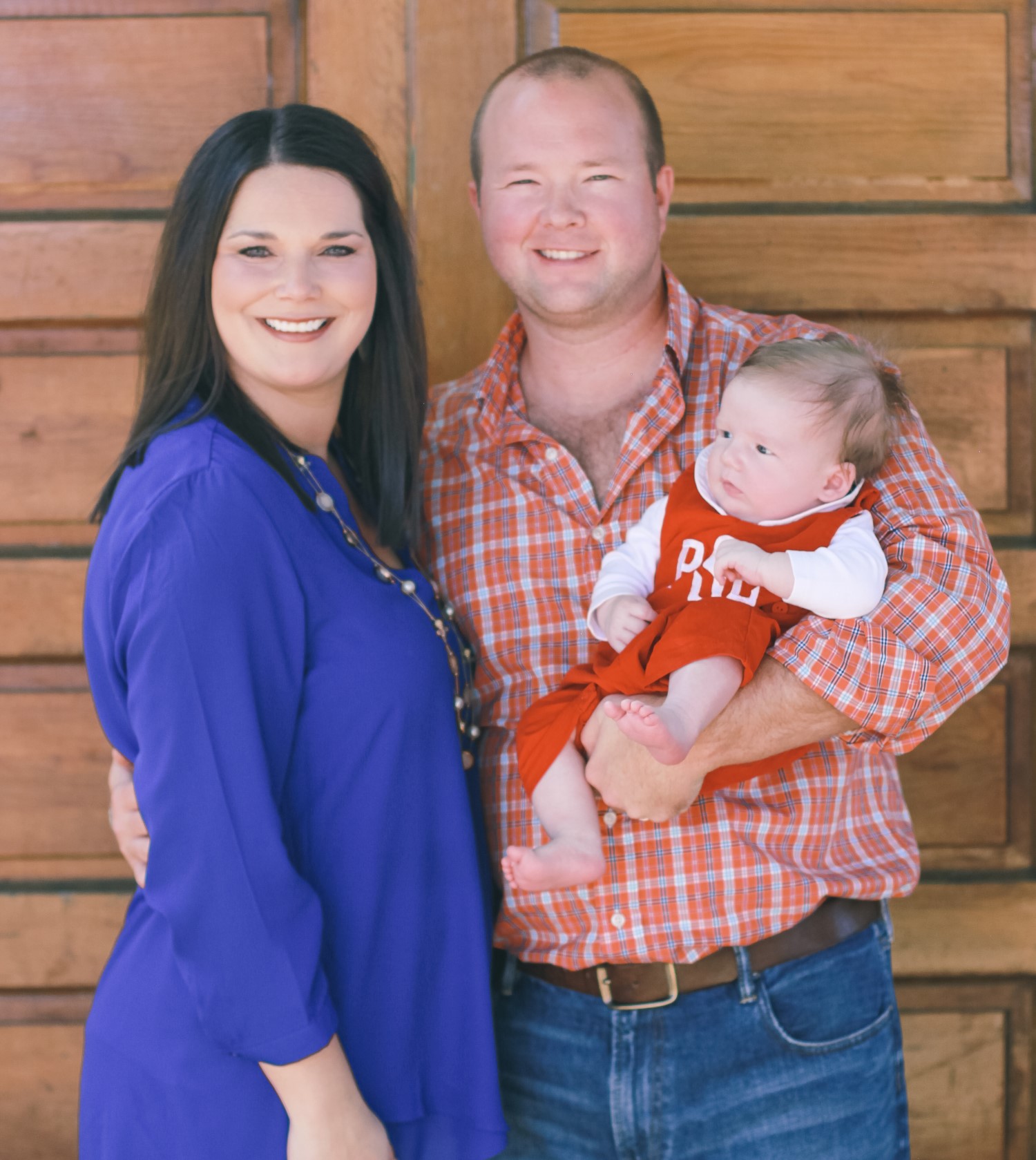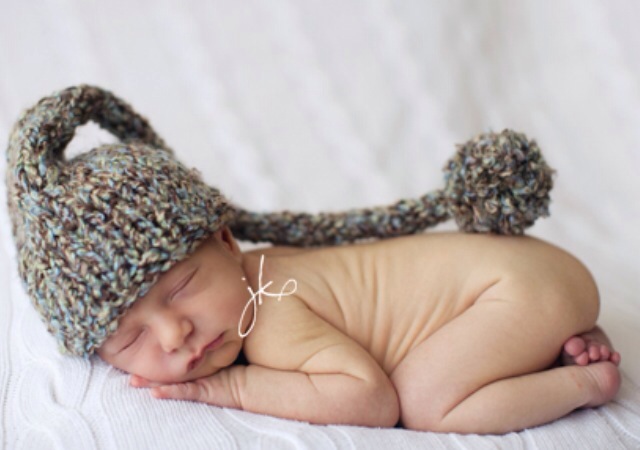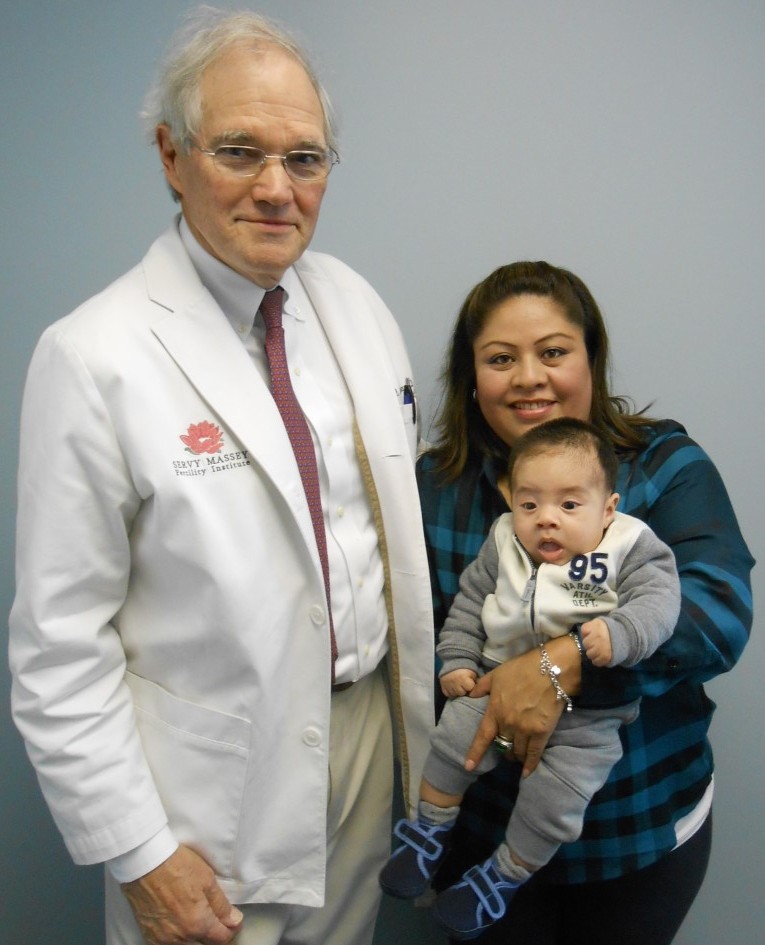Donating your eggs is a gift for people who cannot have children without your help. The screening to become part of our egg donor program is very thorough, including a questionnaire, medical exam and interview with a doctor, as well as blood work.
At a Glance
- Donating your eggs is a wonderful gift that healthy young women can give to someone struggling with infertility
- Egg donation involves in vitro fertilization (IVF)
- Egg donors need to consider the effect on their lives if an offspring contacts them in the future
Being selected as an egg donor
We have a rigorous selection process to become part of our egg donor program. This includes a thorough questionnaire regarding personal and family health, education, ob/gyn history, career, and talents. Once this information is reviewed by our egg donor committee, the donor’s ovarian reserve is tested through an AMH test. The next steps include a medical exam and interview, as well as a genetic carrier screen and testing for various diseases and conditions.
The egg donor process
Egg donation involves the full treatment of in vitro fertilization (IVF). Once a donor is selected, any screening that has not been completed is done. The donor is fully informed of the risks and benefits of the procedures involved. Next, the donor’s cycle is scheduled, and she begins injectable gonadotropin treatment, including monitoring with ultrasound and blood tests. She then has an egg retrieval done under anesthesia. The embryos are created with the sperm of the recipient’s partner or sperm donor. The embryos may be transferred into the recipient in a fresh or frozen cycle.
If a recipient selects a donor who has previously cycled and has frozen eggs, the eggs are thawed, fertilized, and the embryos are transferred to the recipient.
The egg recipient process
The egg donor recipient is treated with estrogen, usually vaginally. This also can be administered by mouth, a patch or an injection, depending on her response. Once her lining is determined to be mature based on ultrasound observation, progesterone is started, and the embryo transfer time is selected.
Identity release
Because of the advent of identity release and disclosure of donor identity through easy-to-access DNA test kits, the future is complicated. In the past with anonymous donation, donor-conceived children were often not told about their biological roots. It will be reasonably normal in the future for donor-conceived children to identify and contact their biological parent and donor-conceived half siblings. We recommend that donors and recipients register with Donor Sibling Registry. Here, each person involved sets the boundaries with which they are comfortable regarding potential methods of contact and roles amongst the families which develop. Donors who are uncomfortable with the idea of absolutely any contact with donor-conceived offspring are discouraged from donating.
Egg donor application
We appreciate your interest in learning more about our egg donor program. Donating your eggs is a gift for people who cannot have children without your help. Someday you may have a chance to have contact with the child, once he/she is a teenager. This is totally up to you. If you can answer yes to the following questions, we invite you to fill out our application, which has a link at the bottom of the page.
- I am between 21 and 30 years of age
- I do not smoke or use illegal drugs
- I am responsible and have graduated from high school
- I understand that I should not have any piercings or tattoos while I am in the egg donor program
- I can commit to no more than one sexual partner
- I understand that this is a complex process requiring a number of appointments and I can be available in the early morning for these appointments
- I am willing to administer daily hormone injections
- I am willing to take the risk of anesthesia and egg retrieval by needle
- I am willing to have photos available to people who consider the use of my donated eggs
- I understand that my identity will be anonymous, and I am willing to discuss the possibility of identity release to the child at some time over 10 years from now
- I can commit to being available for this for one year and I will not travel outside the country
- I understand that the income is taxable, and I will be issued a 1099 tax form
- I have read these terms and I am interested in applying to become an egg donor
Become an egg donor
Donating eggs is a wonderful gift to give to women and couples who cannot have a child otherwise. This offers a new hope of achieving pregnancy for couples who are having issues related to the female partner’s eggs. Donors are compensated for their time and effort. This link explains more about compensation. We very much appreciate your consideration.
Become an egg donor here.
Learn about egg donor recipients
How much do egg donors get paid in Atlanta, GA?
Egg donors in Atlanta, GA are typically paid between $5,000 and $50,000, depending on how many cycles they do. Egg donors who possess characteristics that have a high demand may receive higher compensation.
How healthy do you have to be to donate eggs?
To donate eggs, egg donors must be reasonably healthy, which is defined as:
- Having a healthy BMI
- Being a non-smoker
- Not using drugs
- Being free of sexually transmitted diseases and infections
- Being in good reproductive health
What should I know about becoming an egg donor in Georgia?
Before becoming an egg donor in Atlanta, Georgia, it’s important for candidates to understand how the egg donation process will impact their lives. Egg donation requires a significant commitment on the part of the donor, including keeping up with several appointments, following medication regimens, administering self-injected medications, syncing menstrual cycles, and refraining from some activities. It’s recommended that individuals who are considering donating their eggs ask questions about logistics early on in the process to determine whether or not they have the bandwidth to handle it.


